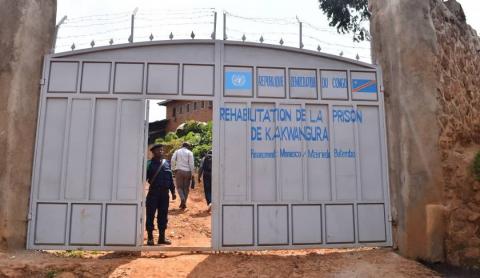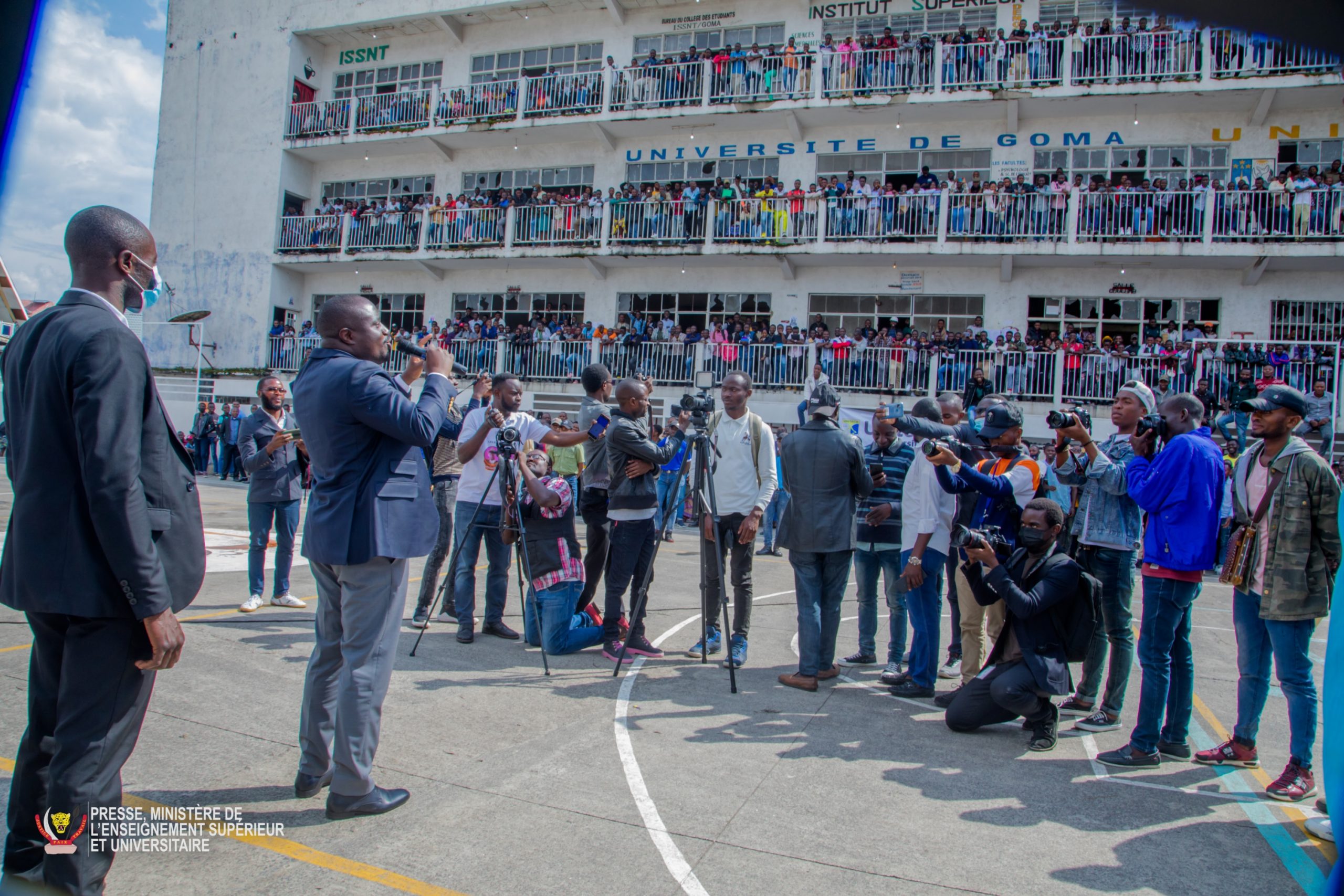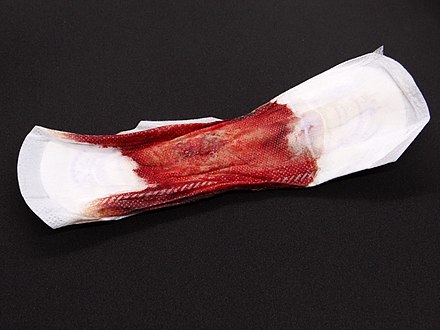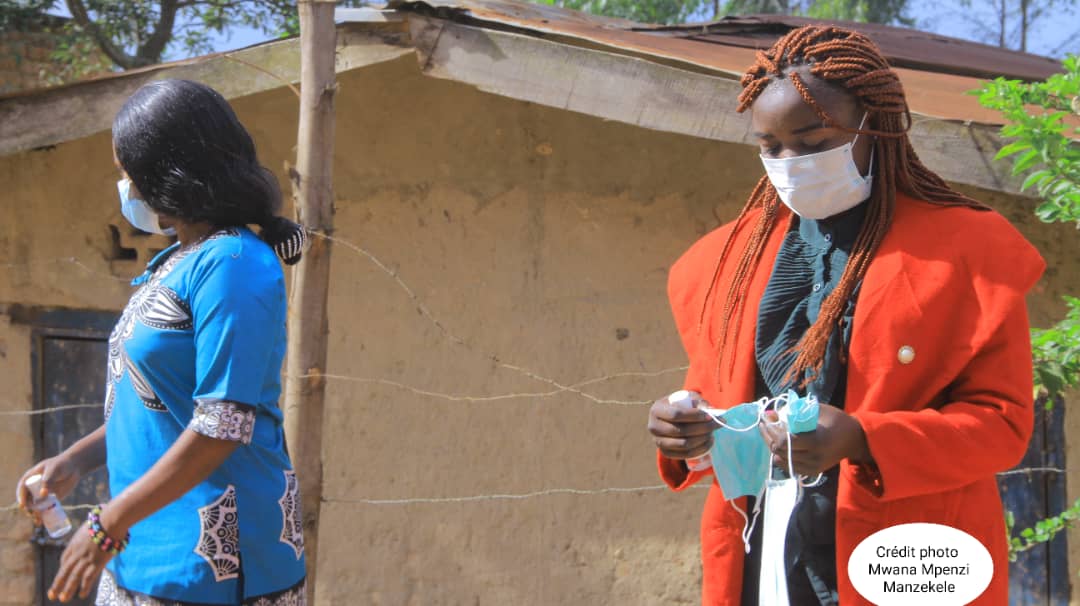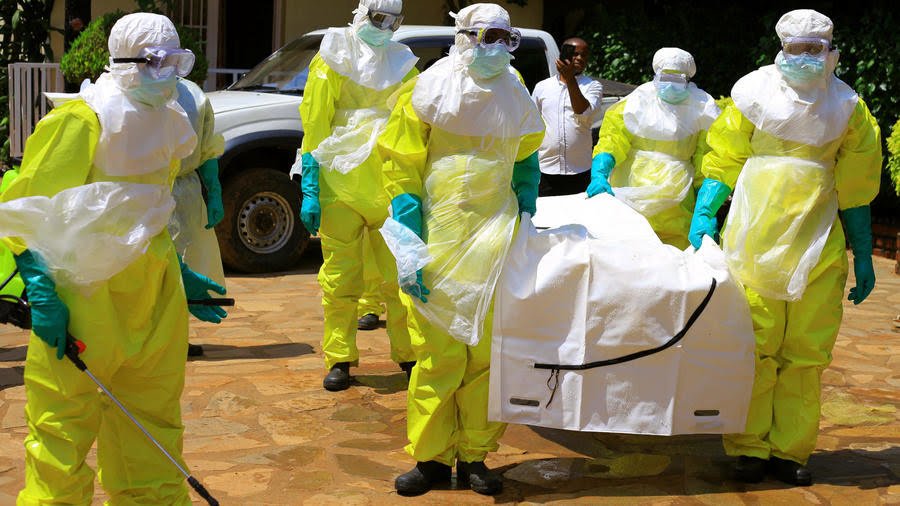Le retard dans l’exécution des référencements des malades par l’auditorat militaire serait une des raisons qui entraine des cas de décès à la prison centrale de Butembo dit Kakwangura. C’est en tout cas ce qu’affirme Docteur Mumbere Muyisa, médecin traitant à la prison centrale de Kakwangura.
Lire la suiteCatégorie : Santé
Nord-Kivu : « Les pratiques hygiéniques pour lutter contre Ebola tendent à chasser le cholera de Goma » (Dr J. Kubuya, DPS N-K)
A quelque chose malheur est bon dit-on. Les mesures d’hygiène pour lutter contre la propagation de la maladie à virus Ebola et Covid19 ont sensiblement […]
Lire la suiteESU : la décision du conseil d’Etat ne concerne que l’ULK (Me Uteki, avocat et chercheur)
L’ordonnance du conseil d’Etat prise en demande de référé suspension n’annule pas la décision du ministre de l’ESU. Elle en suspend les effets à l’égard […]
Lire la suiteNord-Kivu : bientôt la campagne de vaccination contre Covid-19 à Butembo
La vaccination contre Covid 19 sera lancée à Butembo-Beni après plusieurs semaines d’interruption. L’annonce est du Directeur Provinciale de la Santé au Nord Kivu. En […]
Lire la suiteBeni-Santé : « Après la vaccination de masse lors de la 10e épidémie d’Ebola, la population aurait développé une certaine immunité collective. » (Dr J. Kubuya, DPS N-K)
Après la vaccination de masse lors de la 10e épidémie d’Ebola, la population aurait développé une certaine immunité collective. Ce qui explique les bons résultats […]
Lire la suiteNord-Kivu/UCG : l’utilisation du Cotex( serviette hygiénique) peut s’avérer dangereuse pour l’appareil génital de la femme (Etudiante Verveine Kahindo)
Une étudiante en faculté des sciences pharmaceutiques de l’Université Catholique du Graben alerte, à travers son travail de fin de cycle, sur les méfaits de […]
Lire la suiteJM de la qualité : le pharmacien Tsongo Moise donne des astuces pour détecter les produits périmés
L’humanité célèbre ce dimanche 07 novembre, comme chaque année, la journée mondiale de la qualité. En marge de cette journée, le Docteur Mumbere Tsongo Moïse, […]
Lire la suiteCovid19 : La DPS Butembo enregistre une semaine sans nouveau cas
La tendance à la baisse des cas continue dans la Division Provinciale de la Santé antenne de Butembo. La semaine 42, celle du 18 au […]
Lire la suiteBeni-Ebola : Un autre décès enregistré ce lundi 25 octobre
La 13ème épidémie d’Ebola a enregistré le 4ème décès le matin de ce lundi 25 octobre sur les 6 cas confirmés. 3 décès ont été […]
Lire la suite
